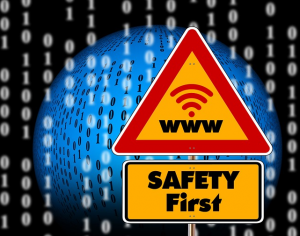Closing off the Warren of Negligence Claims for Data Breaches
 I have just published “Closing off the Warren of Negligence Claims for Data Breaches” in Damian Clifford, Kwan Ho Lau & Jeannie Marie Paterson (editors) Data and Private Law (Hart Studies in Private Law, Bloomsbury, 2023) chapter 10; pp161-174 (available via SSRN). Here is the abstract:
I have just published “Closing off the Warren of Negligence Claims for Data Breaches” in Damian Clifford, Kwan Ho Lau & Jeannie Marie Paterson (editors) Data and Private Law (Hart Studies in Private Law, Bloomsbury, 2023) chapter 10; pp161-174 (available via SSRN). Here is the abstract:
Large databases of personal data are increasingly vulnerable to hacks. Arising out of the biggest data breach in the United Kingdom’s history, the claimant in Warren v DSG Retail Ltd [2021] EWHC 2168 (QB) (30 July 2021) sought damages for distress for breach of data protection legislation, misuse of private information, and breach of a duty of care in negligence. Saini J dismissed the negligence claim because there is neither need nor warrant to impose such a duty of care where there exists a bespoke statutory regime. But this is an incoherent policy, inconsistently applied. Moreover, it ought not to operate at all in cases where the defendant has voluntarily assumed responsibility towards the claimant. Nevertheless, after Warren, the tort of negligence provides no incentive for the controllers of large databases to protect them.
The cover of the book is above, right. It is very elegant. And this is one time where you really can judge the book by its cover.…





 1. Introduction
1. Introduction